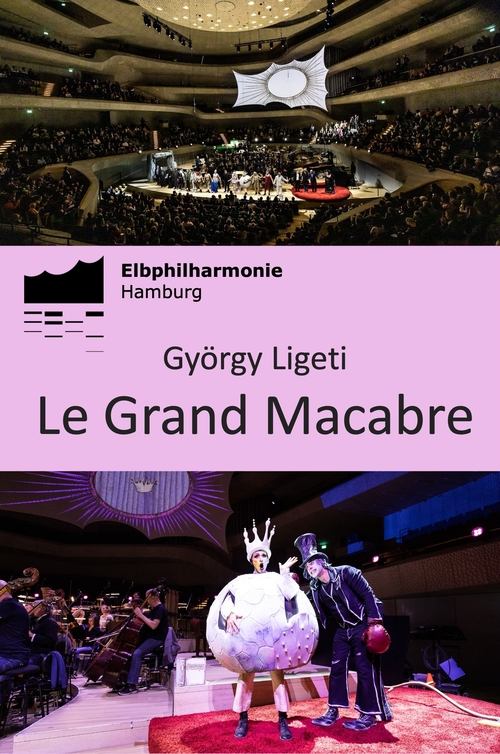Claire de Sévigné
Also Known As: not available
Biography: Biography not available
Department: Acting
Place of Birth: Not available
Adult: No
Birthday: Not available
Age: Not available
Gender: Other
Popularity:
Known For:


Also Known As: not available
Biography: Biography not available
Department: Acting
Place of Birth: Not available
Adult: No
Birthday: Not available
Age: Not available
Gender: Other
Popularity:

